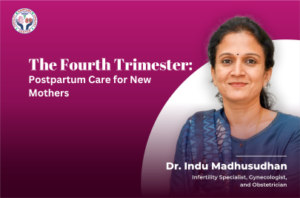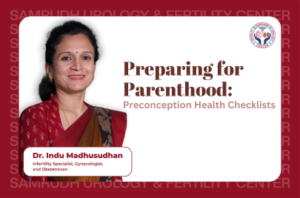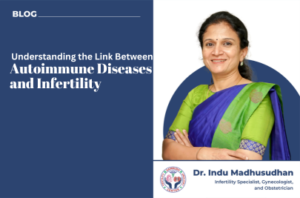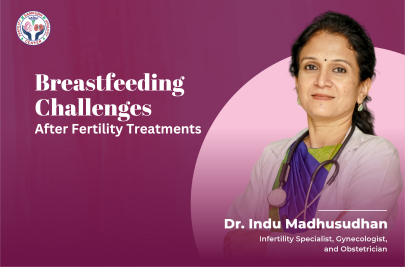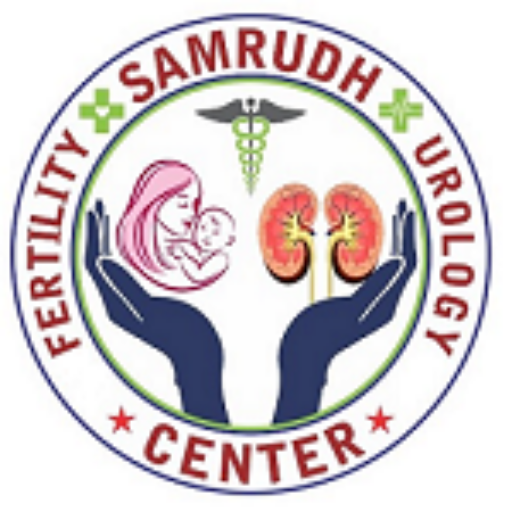Undergoing IVF can be a challenging journey, and one common concern is how lifestyle factors, such as alcohol and caffeine consumption, might impact fertility treatment. While most couples focus on medical aspects, lifestyle choices can also play a significant role in the success of IVF.
Alcohol and IVF: What the Research Shows
Several studies have explored the relationship between alcohol consumption and fertility outcomes, especially in the context of IVF in Bangalore and globally. The findings are fairly consistent: alcohol intake can have a negative impact on IVF success.
How Alcohol Affects IVF:
- Reduced embryo quality: Women who consume alcohol during IVF cycles may experience a reduction in the quality of their embryos, affecting their chances of implantation.
- Lower success rates: Studies suggest that alcohol consumption, even in moderate amounts, is linked to lower pregnancy and live birth rates.
- Hormonal imbalances: Alcohol can disrupt hormonal levels, which are crucial for the success of an IVF cycle.
Dr. Indu Madhusudan, a leading fertility specialist at Samrudh Fertility & Urology Center, advises patients to avoid alcohol while undergoing IVF, as even small amounts can reduce the chances of conception.
Caffeine and IVF: The Evidence
Caffeine is a part of many people’s daily routine, whether through coffee, tea, or soft drinks. However, research on the impact of caffeine on fertility and IVF success suggests that excessive intake might negatively affect the chances of a successful pregnancy.
How Caffeine Affects IVF:
- Potential lower success rates: While moderate caffeine consumption may not have a significant impact, higher amounts (more than 200 mg per day) are linked to a decrease in IVF success rates.
- Miscarriage risk: Some studies indicate a higher risk of miscarriage among women consuming excessive caffeine during early pregnancy or fertility treatments.
What Should You Do During IVF?
Given the available research, it’s clear that both alcohol and caffeine can affect the success of IVF, though caffeine’s impact appears less severe than alcohol’s. To optimize your chances of success during IVF, here are a few recommendations:
- Limit caffeine: Try to keep your daily caffeine intake below 200 mg (approximately one cup of coffee).
- Avoid alcohol: Abstaining from alcohol during IVF treatment is recommended to ensure the best possible outcomes.
At Samrudh Fertility & Urology Center, our team, including Dr. Indu Madhusudan, emphasizes the importance of lifestyle modifications during IVF to improve the chances of success. Couples seeking IVF in Bangalore often find that simple changes, such as cutting out alcohol and limiting caffeine, can contribute positively to their treatment journey.
Conclusion
By understanding the impact of alcohol and caffeine on IVF, couples can make informed choices to maximize their chances of a successful outcome. If you’re undergoing IVF or considering fertility treatment in Bangalore, Samrudh Fertility & Urology Center is here to support you with evidence-based guidance for your IVF journey.
FAQs
- Can I drink alcohol during IVF treatment?
It’s best to avoid alcohol during IVF, as research shows it can negatively impact embryo quality and success rates. - How much caffeine is safe during IVF?
Keeping your caffeine intake below 200 mg per day is generally considered safe, but it’s best to consult with your fertility specialist for personalized advice. - Does caffeine affect male fertility during IVF?
Excessive caffeine consumption may also impact sperm quality, so it’s advisable for both partners to moderate their intake. - Can alcohol consumption before IVF affect my chances?
Yes, even drinking before starting IVF can reduce the chances of success, so it’s recommended to stop consuming alcohol well in advance of treatment. - Does tea count as caffeine intake?
Yes, tea contains caffeine, though typically in smaller amounts than coffee. Be mindful of your total daily caffeine intake.



